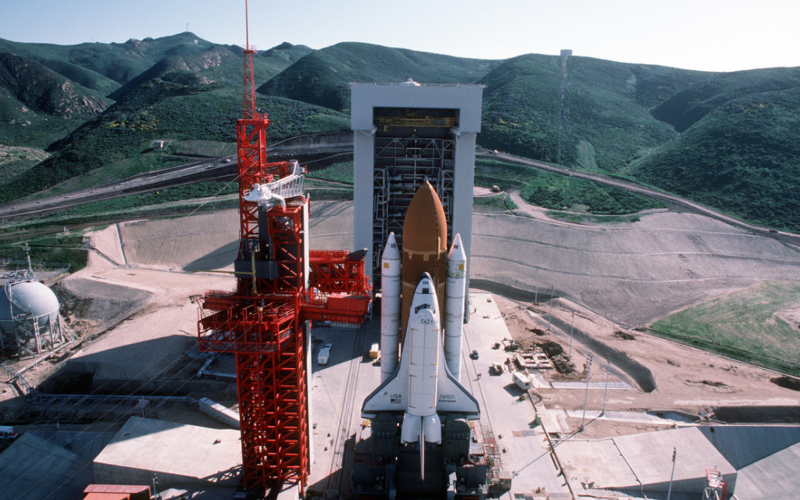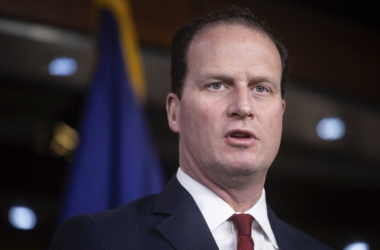The space exploration landscape is undergoing a significant shift as private interests take center stage, potentially ushering in an era of secrecy in space missions. AstroForge, an American asteroid-mining firm, is set to launch a spacecraft on a groundbreaking deep-space mission in this year, marking the first wholly commercial endeavor beyond the moon. However, the company is keeping the target asteroid a closely guarded secret, raising concerns among astronomers and experts about the implications of covert commercial space missions.
Traditionally, Western space missions have been characterized by transparency, with clear objectives and destinations publicly disclosed. However, the increasing influence of private interests, driven by substantial financial stakes, is challenging this openness. AstroForge’s decision to withhold the information about its target asteroid is emblematic of a growing trend that some experts find unsettling.
The primary motivation behind this secrecy is the fear of competitors seizing valuable resources from the targeted asteroid. Matt Gialich, AstroForge’s CEO, explained the dilemma, stating that revealing the destination could open the door for other entities to claim the asteroid’s valuable metals.
The resurgence of interest in asteroid mining, propelled by advancements in commercial space exploration led by companies like SpaceX, has sparked a new wave of initiatives globally. Despite a past downturn in asteroid mining startups, several companies in the United States, Europe, and China are now revisiting the concept, attracting attention even at the congressional level.
The secrecy surrounding commercial space missions is not limited to AstroForge. Instances like the Israeli Beresheet lander carrying tardigrades to the Moon and Virgin Galactic withholding the identities of space plane passengers highlight a broader shift toward more discreet operations. Additionally, rideshare missions deploying satellites have also adopted a practice of keeping payloads secret until after launch.
The lack of legal restrictions on keeping the destination of deep-space missions confidential has raised concerns about transparency and the potential for conflict if multiple entities target the same asteroid. While space agencies and companies are required by the United Nations to reveal orbits and trajectories for objects in space, these obligations are often overlooked for solar orbit objects.
AstroForge’s upcoming mission, named Odin, aims to fly past a mystery asteroid suspected to be an M-type, potentially rich in valuable platinum-group metals. The company plans to capture images and search for evidence of metal during the mission. If successful, Odin would be the first spacecraft to visit such an asteroid, providing valuable insights into the early solar system.
Despite the financial challenges associated with asteroid mining, AstroForge remains optimistic about the potential returns. The business model relies on leveraging ride shares and partnerships to enhance mission viability. However, some scientists argue for greater openness, emphasizing the scientific value of studying M-type asteroids and the potential insights they could provide into the early history of the solar system.
While AstroForge continues to keep its target asteroid under wraps, the growing interest in commercial space missions and the era of secrecy pose questions about the future of space exploration and its broader implications for humankind.








